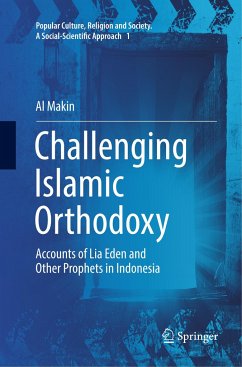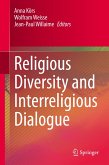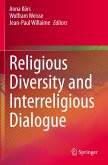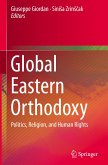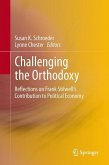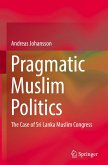This book is the first work that comprehensively presents the accounts of Lia Eden, a former flower arranger who claims to have received divine messages from the Archangel Gabriel and founded the divine Eden Kingdom in her house in Jakarta. This book places Lia Eden's prophetic trajectory in the context of diverse Indonesian spiritual and religious traditions, by which hundreds of others also claimed to have been commanded by God to lead people and to establish religious groups. This book offers a fresh approach towards the rich Indonesian religious and spiritual traditions with particular attention to the accounts of the emergence of indigenous prophets who founded some popular religions. It presents the history of prophetic tradition which remains alive in Indonesian society from the colonial to reform period. It also explores the ways in which these prophets rebelled against two hegemonies: colonial power in the past and Islamic orthodoxy in the present. The discussion of thisbookfocuses on Lia Eden including her biography, claims to prophethood and divinity, the development of her group Eden Kingdom, her challenge to Islamic orthodoxy under the banner of the MUI (Indonesian Ulama Council), her persecution by radical groups, her experiences in court trials and imprisonment, and public responses to her emergence. The discussion also covers other themes currently drawing public attention in Indonesia, such as pluralism, religious freedom, tolerance, discrimination against minorities, and secularisation.

